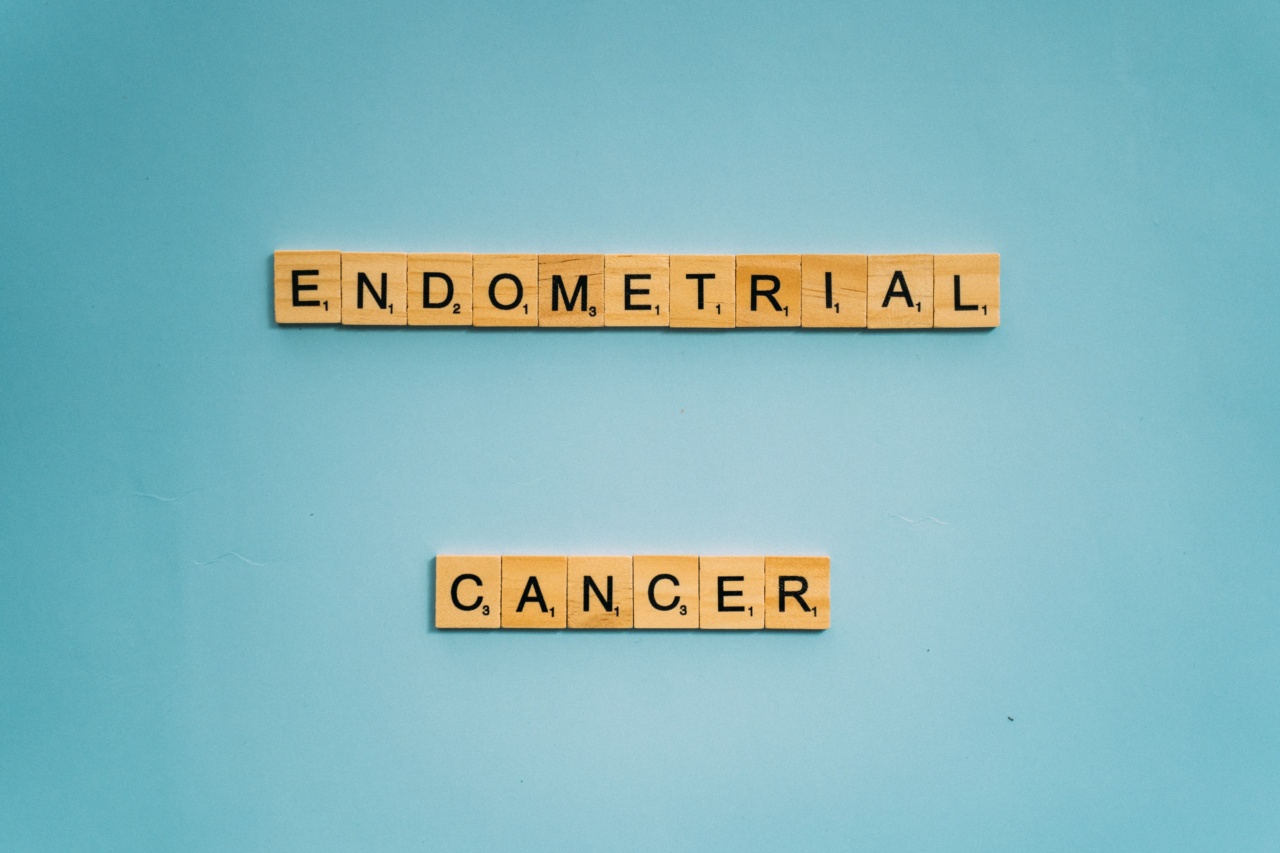Endometrial cancer is a type of cancer that affects the lining of the uterus, or the endometrium. It is the most common type of uterine cancer, and is largely preventable in many cases.
However, understanding the factors that contribute to the development of this cancer is important in order to reduce the risk of contracting it and to improve treatment outcomes. Here are 5 important factors to know:.
1. Age and menopause status
One of the most significant risk factors for endometrial cancer is age. Women who are older than 50 years of age or who have already gone through menopause are at higher risk for developing this cancer.
This is because older women have a higher chance of accumulating mutations in their DNA that can lead to cancer.
2. Obesity and metabolic syndrome
Obesity is another significant risk factor for endometrial cancer. This is because excess fat cells in the body can produce hormones that can stimulate the growth of cancer cells in the endometrium.
Additionally, women with metabolic syndrome, a condition characterized by high blood pressure, high blood sugar, excess belly fat and high cholesterol, may have a higher risk of developing endometrial cancer.
3. Hormonal imbalances
Hormonal imbalances, such as those that occur during conditions like polycystic ovary syndrome (PCOS), can also increase the risk of developing endometrial cancer.
This is because these conditions can cause an excess of estrogen in the body, which can stimulate the growth of cancer cells.
4. History of reproductive health issues
Women who have a history of certain reproductive health issues may be at higher risk for endometrial cancer. For example, women who have never been pregnant or who have experienced infertility might have a higher risk for this cancer.
Additionally, women who have had previous radiation treatment to the pelvic area may also be at higher risk.
5. Genetics
Finally, genetics can also play a role in the development of endometrial cancer. Women who have a family history of endometrial or other types of reproductive cancers may be at higher risk for developing this cancer themselves.
Additionally, women who have inherited certain genetic mutations, such as those in the Lynch syndrome or BRCA1/2 genes, may also have a higher risk.
Conclusion
Endometrial cancer is a serious condition that can have a significant impact on a woman’s health and well-being.
However, by understanding the factors that contribute to its development, women can take steps to reduce their risk and improve their treatment outcomes. By maintaining a healthy weight, monitoring for hormonal imbalances and reproductive health issues, and considering genetic testing when appropriate, women can take control of their health and reduce their risk of developing endometrial cancer.






























